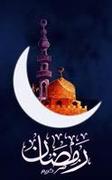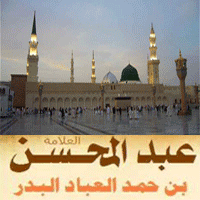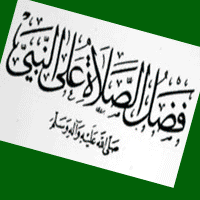مايو 2010
He (peace be upun him) used to walk leaning forward as if descending from a slope. His walk was distinguished by speed, good form and calmness.
He (peace be upun him) used to walk barefoot or wearing shoes.
He (peace be upun him) would ride camels, horses, mules and donkeys. He rode horses sometimes saddled and sometimes unsaddled, and he would mount someone either behind him or in front of him.
He (peace be upun him) would sit either on the ground, on a straw mat or on a small rug.
Power point presentation Download here
Power point presentation Download here
Power point presentation Download here
of Blessing and Misfortune
The guidance of the Prophet (peace be upun him) and his companions was to perform sajdat ash-shukr (prostration of gratitude) whenever a blessing was renewed or an adversity averted. When something happened which pleased him or he received glad tidings of it, he would prostrate in gratitude to Allah.
******
He (peace be upun him) used to say at times of calamity: "There is no god but Allah, the Great, the Forbearing. There is no god but Allah, Lord of the great Throne. There is no god but Allah, Lord of the seven heavens, Lord of the earth and Lord of the noble Throne.”
When something distressed him, he (peace be upun him) would say: "O Ever-Living, O Self-Sustaining, by Your mercy I call for help."
The Prophet (peace be upun him) preferred to travel early in the morning, and on a Thursday.
He (peace be upun him) disliked for someone alone to travel at night, and disliked that a person travel alone.
He (peace be upun him) instructed that when travellers are three in number they should appoint one of them as their leader.
It was from the Prophet's (peace be upun him) guidance to treat himself and he ordered those of his family and companions afflicted with illness to seek treatment.
He (peace be upun him) said: “Allah has not sent down any malady but that He sent down its cure.” And he (peace be upun him) said, “O servants of Allah, seek treatment.”
He (peace be upun him) had three types of treatment for an ailment: by natural medicines, by divine remedies and by a combination of both.
He (peace be upun him) prohibited treatment by intoxicants or anything impure.
Third Encounter
Imam Ibn al-Qayyim (may Allah have mercy upon him) said, "The guidance of Allah's Messenger (Peace and blessings of Allah upon him) in Ramadhan was the most complete and perfect for achieving the desired objective with ease. Fasting Ramadhan was made obligatory in the second year following the Hijrah, so at his death he (Peace and blessings of Allah upon him) had fasted nine Ramadhans.
Fourth Encounter
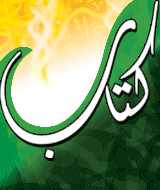

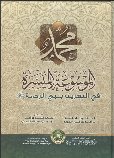
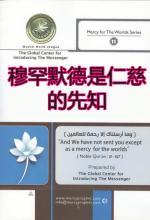
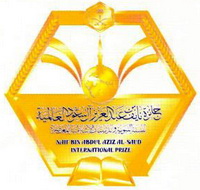

.jpg)
